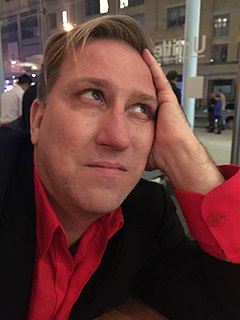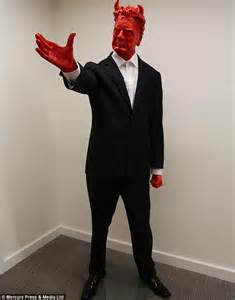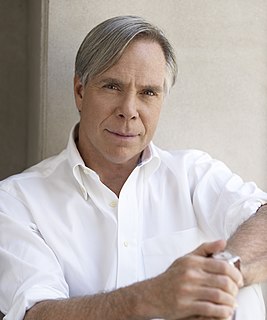A Quote by Hiroshi Fujiwara
I'm not really an art collector - I'm more of a person who picks up things. I have pieces by people like Gerhard Richter, for example, but then also others by unknown Japanese artists, and not many real art collectors do that.
Related Quotes
In '68 I was 13 years old, so I was a child, but I felt a lot of excitement in listening to things, looking at the pop art coming over from America. My father was an art collector, and he was coming home with these strange pieces of art that weren't exposed in museums. At the time, it was quite revolutionary, very adventurous.
I love knowing and learning about people around the world displaying my art online. Also, it's how I learn about new artists that are in various parts of the world. The positive thing about Tumblr and Instagram is that they're a fantastic platform for art lovers. I also like, when I search for my art and it says, "see also or related artists," and I see those other artists that relate to me, at least according to the internet. I think it's fascinating - it's interesting to see hashtags people are using in relation to my work. It's another tool of communication.
I've watched so many women, from Kathleen Hanna all the way up to Taylor Swift, whether they're pop artists or rock stars or fine artists or writers, it is the subhistory of female artists that if you're going to make art, you're also going to have a full-time job of defending your right to make art.
Much like teaching art to young art students age 10 to 15 or so on, you have to break it down into bite-sized pieces, essential components. You have to - you know, at this point I'm so used to operating within given assumptions about art. But when you're explaining art to art students or people who are new to this experience, you have to really go back to the fundamentals.
I found so-called great art too pompous, too stiff. What at this time was called minor art was freer, more imaginative, more open to all kinds of unorthodox expression, all kinds of daring in the handling of materials, and I preferred to surround myself with this type of art than with the great collectors' pieces. I had always in my mind that I was collecting for learning.
I'd been asked by Takashi Murakami to collaborate on something, which was an honor for me. I was really pleased. And then he had me as a guest speaker on his radio show, and we were talking about art. I don't think he knew I was interested in the topic - he was really surprised to find out that I own some original Andy Warhol and Gerhard Richter and Jean-Michel Basquiat works. So, in some ways, I think he simply wanted to see what I have.
What makes art Christian art? Is it simply Christian artists painting biblical subjects like Jeremiah? Or, by attaching a halo, does that suddenly make something Christian art? Must the artist’s subject be religious to be Christian? I don’t think so. There is a certain sense in which art is its own justification. If art is good art, if it is true art, if it is beautiful art, then it is bearing witness to the Author of the good, the true, and the beautiful


































